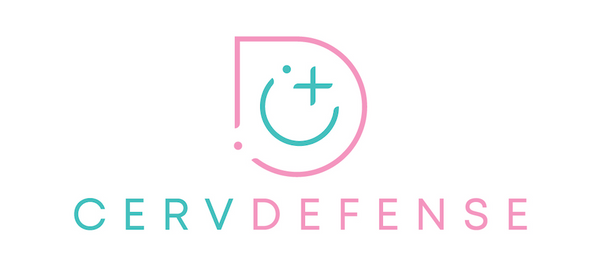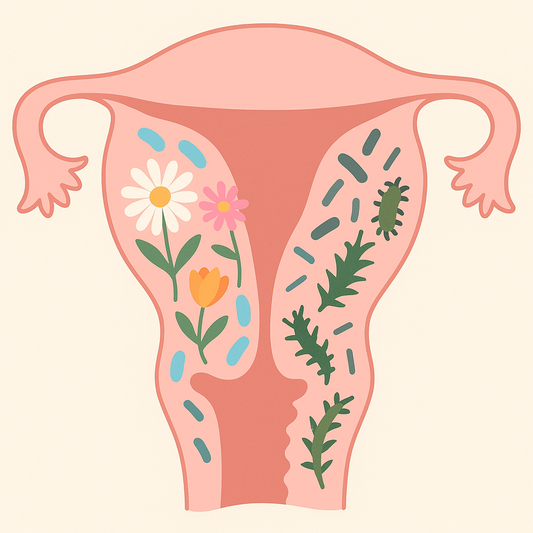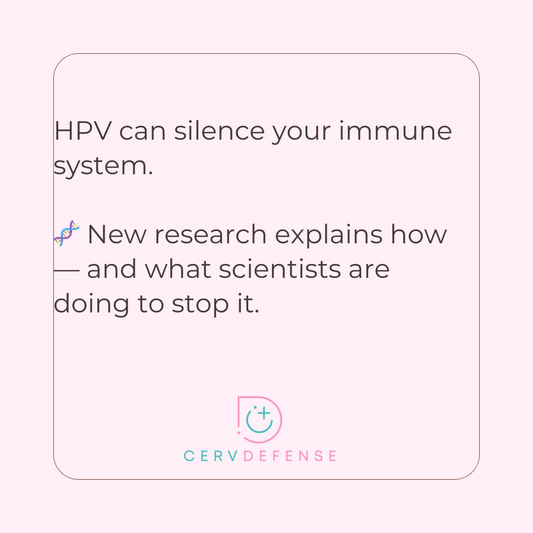
What Your Genes Might Say About Your Cervical Cancer Risk
Share
We’ve long known that high-risk HPV is the leading cause of cervical cancer. But a new study published in the International Journal of Women's Health is turning heads by highlighting another important factor: your genes.
Using a two-sample Mendelian randomization approach, researchers identified a handful of genes that appear to increase susceptibility to cervical cancer. The standout candidates? Immune-related genes like MHC, TRIM40, TNFSF10, LTA, and TNF.
These genes aren’t new to scientists — they’ve been known to play roles in inflammation, immune response, and cancer development. But this study is one of the first to use genetic data from large cohorts to explore a possible causal relationship between these genes and cervical cancer risk.
So what does this mean?
It doesn’t mean HPV is no longer a concern. HPV infection is still the primary driver of cervical abnormalities. But your body’s ability to clear the virus, manage inflammation, and prevent precancerous changes may be influenced by your genetic makeup.
For example, TRIM40 plays a role in suppressing tumor growth and regulating immune signaling. Variants in TNF and TNFSF10 can influence how strongly your immune system responds to threats. If your genes dampen that response or create chronic inflammation, it could increase your vulnerability to HPV-related changes.
Why this matters
Many of us are doing everything "right" when it comes to cervical health: staying up to date on Pap tests, practicing safe sex, eating well, taking supplements, and keeping stress in check. But if you're someone who keeps getting abnormal Pap results despite all of that, this study offers an important insight: It might not be your fault. It might be your genes.
Genetic predispositions like MTHFR mutations are already being explored for their link to persistent HPV infections and poor methylation, both of which can affect healing. These new findings suggest we may need to look even broader at how immune genetics affect cervical outcomes.
What you can do
While we can’t change our genes, we can support our immune and cervical health in a way that helps mitigate risk:
-
Support methylation with nutrients like folate, B12, and choline.
-
Eat anti-inflammatory foods and reduce processed sugar.
-
Get regular screenings (Pap, HPV, or self-sampling).
-
Consider targeted supplements designed for cervical and immune support, like CervDefense.
-
Address stress through breathwork, therapy, or mindfulness.
The takeaway? Genetics matter, but they don’t get the final word. Staying informed and proactive can still shift the narrative.
Sources:
-
Wang, et al. (2024). The sensitive genes for cervical cancer: Two-sample Mendelian randomization analysis. International Journal of Women’s Health.



